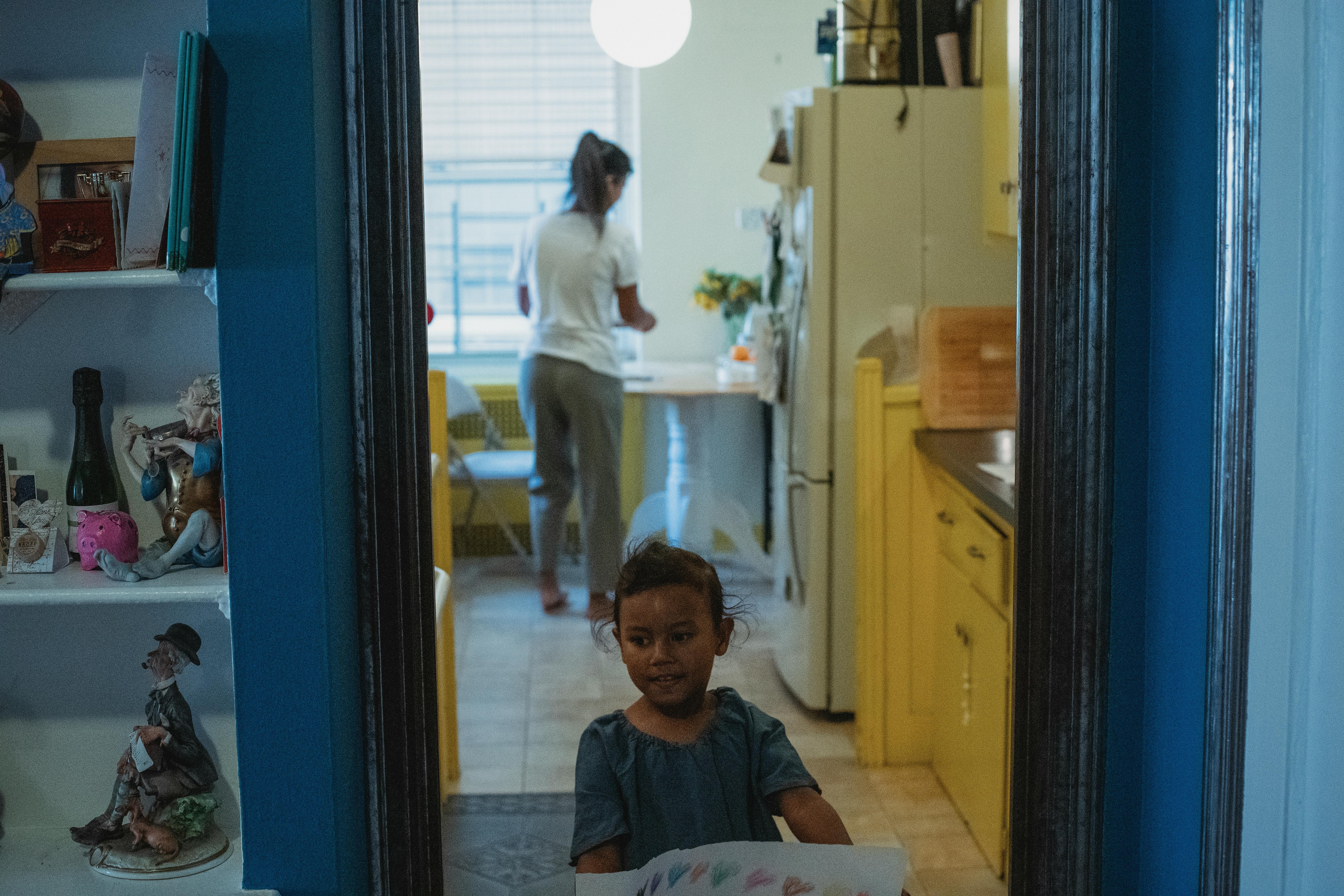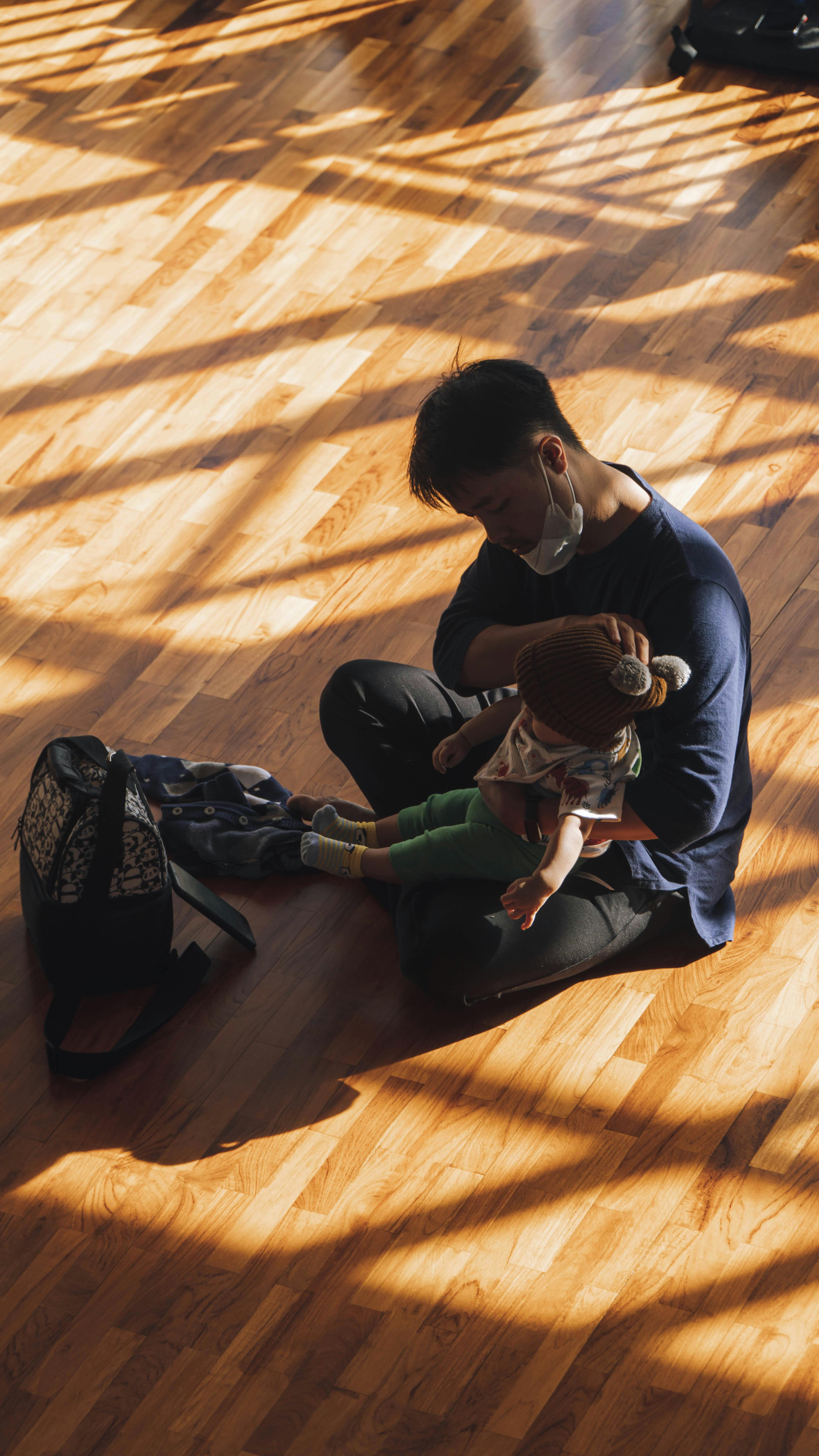Table of Contents
Creating a Safe Environment
One of the most important safety tips for babysitters is to create a safe environment for the children in your care. This means ensuring that the home is free of hazards such as sharp objects, choking hazards, and toxic substances. Additionally, it is important to make sure that all doors and windows are securely locked to prevent children from wandering off or getting into dangerous situations. It is also a good idea to familiarize yourself with the layout of the home and the location of emergency exits in case of a fire or other emergency.
On-Demand Childcare in Your Neighborhood
Book a Sitter
Supervising Children Effectively
Another vital safety tip for babysitters is to supervise children effectively at all times. This means keeping a close eye on the children in your care, especially when they are engaged in activities that could be potentially dangerous. It is also important to set and enforce rules for behavior, such as no running in the house or no playing with certain objects. By being proactive and engaged with the children, you can help prevent accidents and keep everyone safe.
Handling Emergencies
As a babysitter, it is important to be prepared for emergencies and know how to handle them. This includes knowing basic first aid techniques such as CPR and how to respond to choking, burns, and other common injuries. It is also important to have a list of emergency contacts, including parents, neighbors, and local emergency services, readily available in case of an emergency. By being prepared and knowing how to respond in an emergency, you can help ensure the safety and well-being of the children in your care.

Communication with Parents
Effective communication with parents is another key aspect of being a responsible babysitter. Before the parents leave, make sure to ask them about any special instructions, such as food allergies or bedtime routines, and be sure to follow their instructions closely. It is also important to keep the parents informed of any issues or concerns that arise while they are away, so that they can address them promptly.
By maintaining open and clear communication with parents, you can help ensure that everyone is on the same page and that the children are safe and well cared for.
Additional Safety Precautions
In addition to the above safety tips, there are a few additional precautions that babysitters can take to help ensure the safety of the children in their care. For example, it is a good idea to avoid using social media or sharing personal information while on the job, as this can compromise the safety and security of both you and the children. It is also important to be aware of your surroundings and trust your instincts if you ever feel uncomfortable or unsafe while babysitting. By taking these additional precautions, you can help create a safe and secure environment for the children in your care.
In conclusion, being a responsible babysitter means being aware of safety tips that can help prevent accidents and emergencies while on the job. By creating a safe environment, supervising children effectively, handling emergencies, communicating with parents, and taking additional safety precautions, you can help ensure that the children in your care are safe and well cared for. Remember, the safety and well-being of the children should always be your top priority as a babysitter.










